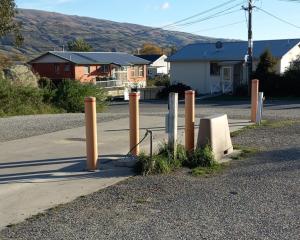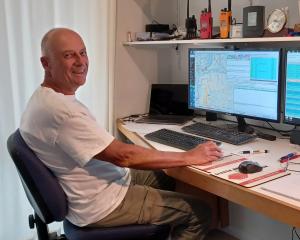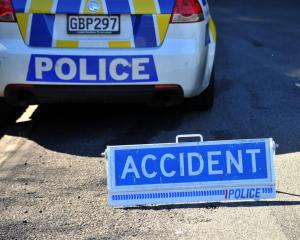
The Clyde hospital moved to a 24/7 scanner in June 2018 in response to a recommendation in a coroner's report released last year into the 2015 death of Wanaka man Warren Peter Bates.
The coroner's report said Mr Bates' death raised issues relating to the availability of medical facilities and resources at Dunstan Hospital, including the absence of 24/7 CT scanner services.
The hospital has had scanning facilities since 2013.
In figures provided by the Southern District Health Board, a gradual increase had been recorded of elective patient CT referrals to Dunstan between 2014 and 2017 from other hospitals in the Southern district.
A total of 631 patients had been referred to Dunstan in 2014 which had increased to 792 by 2017.
Last year, the tally had climbed to 1140.
A Southern DHB spokeswoman estimated 1134 referrals had occurred so far this year.
Central Otago Health Services chief executive Kathy de Luc said the service had scanned 3831 patients since switching to a 24/7 operation. She said the round-the-clock operation had allowed the hospital to get on top of serious medical problems.
"The 24-hour service has helped with early diagnosis of serious medical problems as well as excluding potentially serious problems which otherwise would have led to referrals to Dunedin Hospital.
"Generally, it allows us to diagnose and treat people locally more frequently."
In June, a $1.07 million CT scanner was installed at Queenstown's Lakes District Hospital.
The Southern DHB said it had performed 529 scans since it began operating in June.
The spokeswoman said access to this service had vastly reduced patient travel time and sped up diagnosis and treatment of a range of conditions including spinal and head injuries, cancer and stroke.













